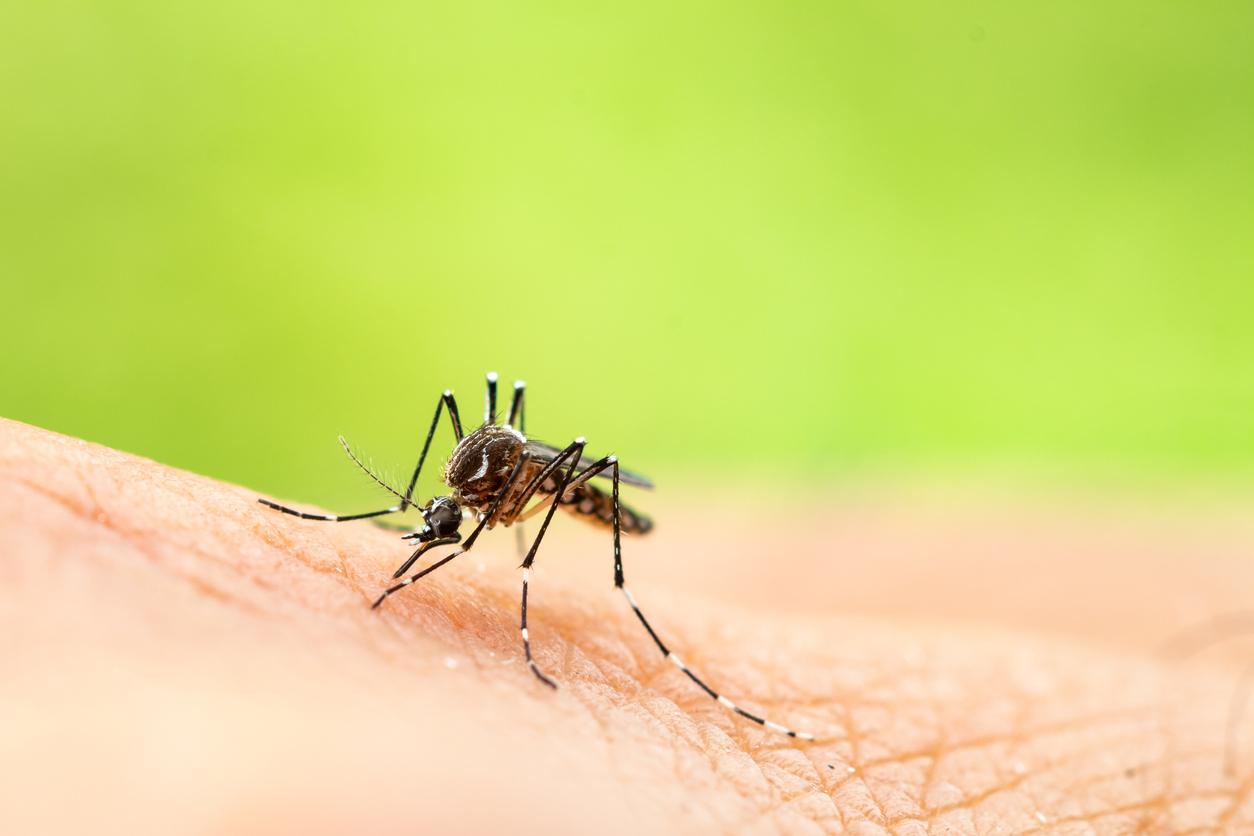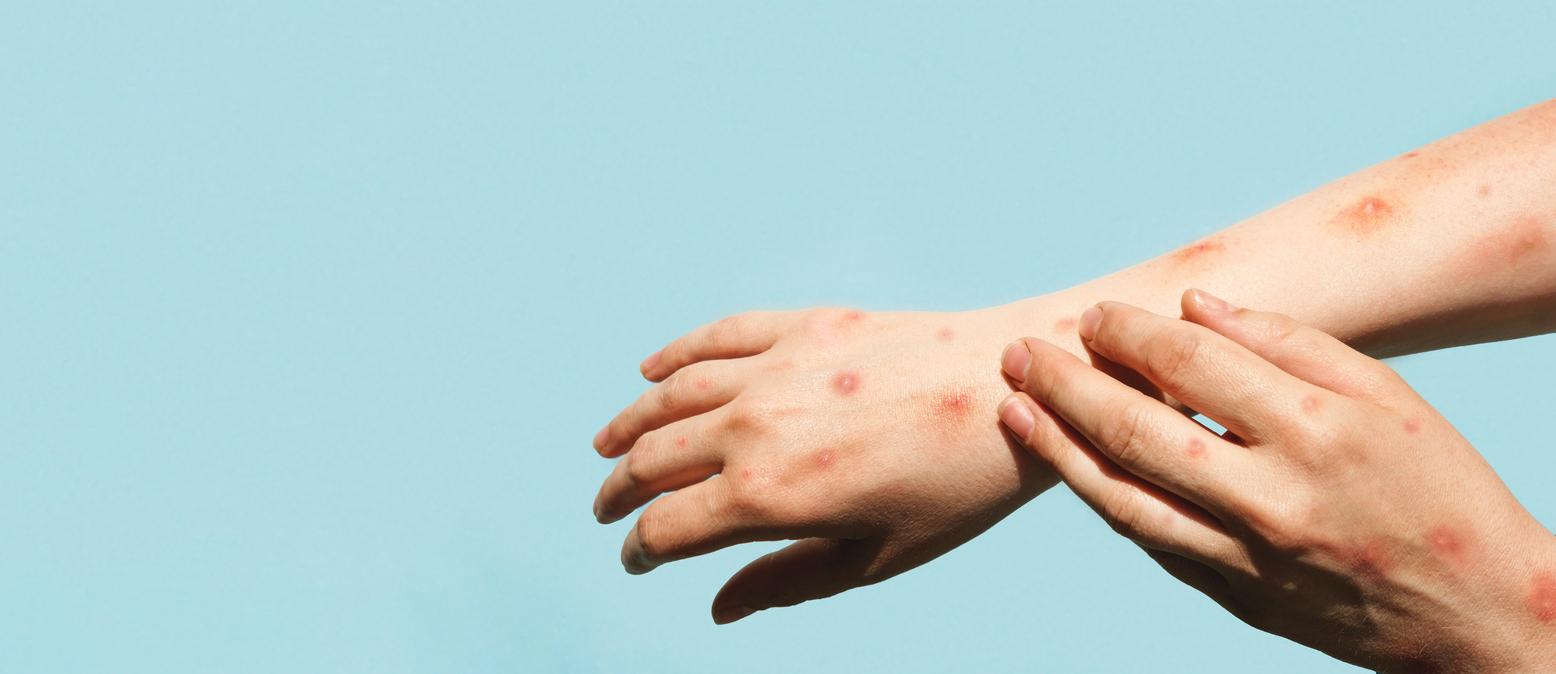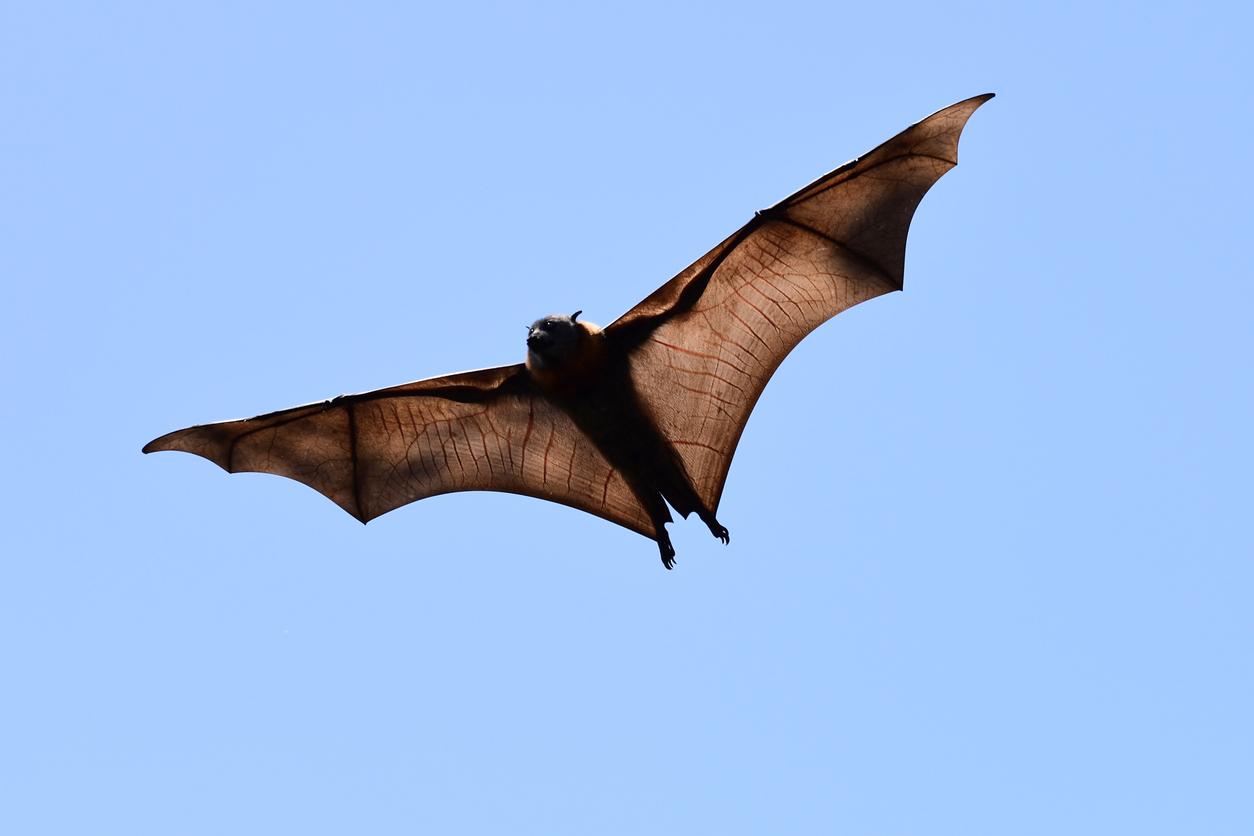According to the Health Risk Anticipation Monitoring Committee, these viruses should lead to more and more contamination in France.

- Cases of infection by viruses responsible for Zika, dengue or chikungunya are increasing in France.
- They are particularly linked to the increased presence of the tiger mosquito on the territory.
- Global warming and the 2024 Olympics could contribute to an increase in cases.
Tropical diseases that could become common in metropolitan France. In a notice published on April 5, the Health Risk Anticipation Watch Committee (COVARS) warns of a probable multiplication of cases of chikungunya, dengue or Zika virus in the years to come. The increased presence of mosquitoes partly explains this phenomenon.
Zika, dengue, chikungunya: what is the situation in France?
In overseas territories, certain tropical diseases are common. “French tropical territories are repeatedly confronted with dengue fever and epidemic waves of Zika and chikungunya, remind these experts. (…) Vector mosquitoes, particularly adapted to urban environments, are very abundant there, in overseas territories and often resistant to insecticides. But for several years, insect vectors have also been present in mainland France. “Since 2010, the number of metropolitan departments colonized by these mosquitoes has multiplied by 10″says the COVARS.
The report particularly targets tiger mosquitoes, called Aedes albopictusAnd Aedes aegypti, responsible for arborvirosis, the name given to viral diseases transmitted by a vector such as the mosquito, including chikungunya or dengue fever. “The number of cases of arboviruses imported into metropolitan France, in particular with the increase in travel, was multiplied by 4.5 between 2015 and 20196 and metropolitan France experienced 65 cases of autochthonous dengue during the summer of 2022″, specify the authors of the text. Indigenous cases correspond to the following situation:When a person has not traveled in the 15 days preceding his clinical signs and was contaminated by a local mosquito, which had itself become infected by biting a viraemic person, returning from a trip to an endemic zone”explain Public Health France.
Tiger mosquito and tropical diseases on the rise in the next few years
According to COVARS, an increase in cases in mainland France is to be expected over the coming summers. The two main reasons are global warming and the Olympics. In the first case, climate change will have an impact on mosquitoes, on the viruses they carry and on our behavior. “In Europe, climate change, combined with other factors of global change, will promote the expansion of Aedes albopictus, but possibly also that of Aedes aegypti”, say the authors of the report. The rise in average temperatures could also lead to changes in our habits: “Humans can spend more time outdoors, in wooded parks, dress in lighter clothes that are less protective against mosquito bites.”
But scientists are also concerned about the increase in international travel, which promotes “importation of viruses from endemic or epidemic areas“. In France, the prospect of the 2024 Olympic Games is also a source of concern: “The upcoming conjunction of major international sporting events in mainland France during the summer season, generating significant population migrations from all over the world, increases the risk of outbreaks of dengue fever, Zika and chikungunya.”
Tropical disease: the need to prepare for a future public health problem
For COVARS, France has a dengue fever surveillance, detection and management system, Zika and chikungunya”efficient”but the country must strengthen its capacity to react to better control the cases. According to them, the diseases linked to these mosquitoes “could become public health problems in mainland France” in the years to come.


















